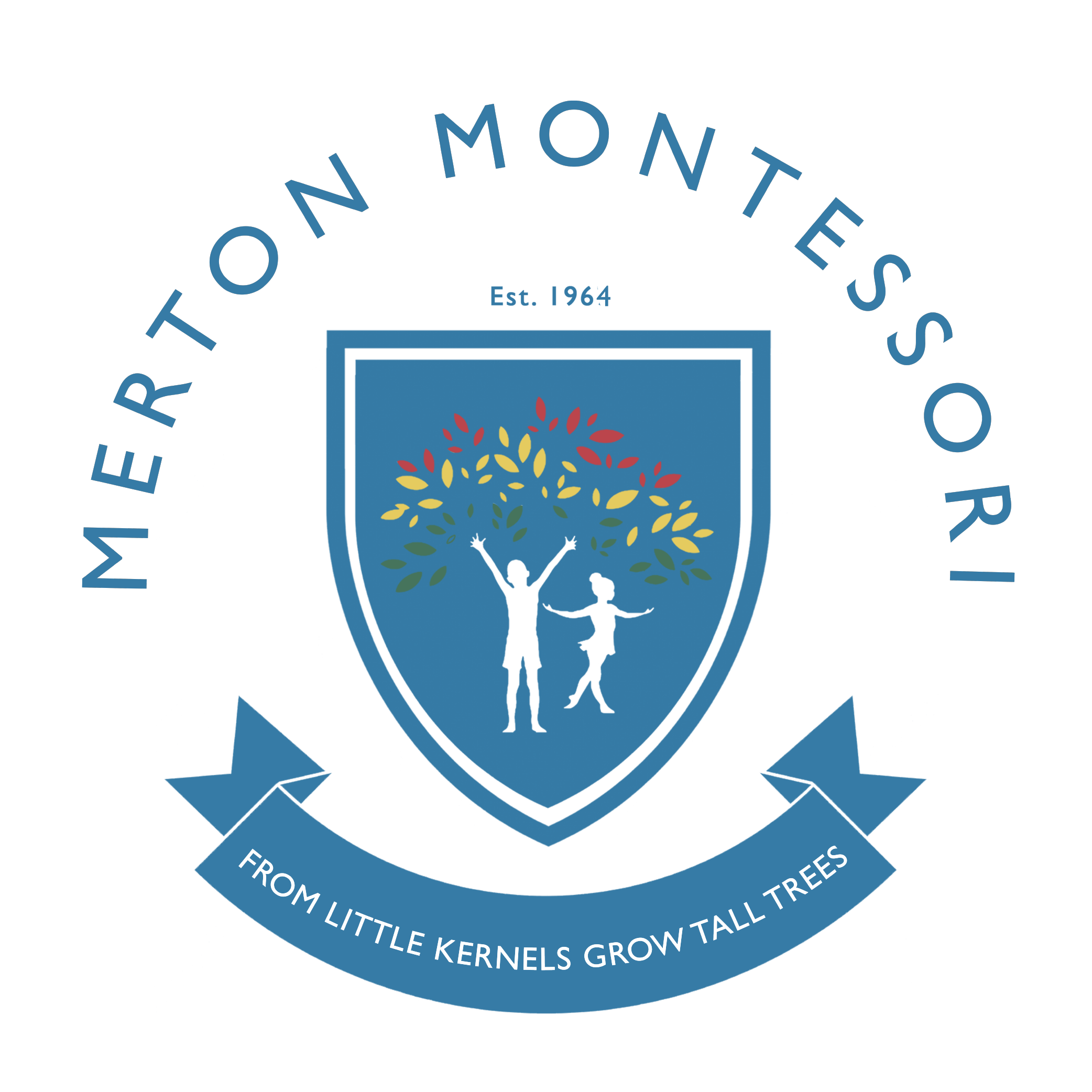Our Philosophy
By its very philosophy, the Montessori method empowers the children with the latitude of choice. Leaning into their inclinations, they are developed along those lines with minimum intervention. Invariably, they develop a sense of accomplishment and are encouraged to celebrate their wins and those of their peers.
Guided by knowledge with understanding, teachers at Merton Montessori show rather than tell, guide rather than control.
With our scalable reading programme, every child begins to read by age 3. Without competition and pressure, they enter into their optimal zones with some reading far above their level.
In a collegial environment, the outcomes to the children’s knowledge find expression in budding Social Skills, Numeracy and Literacy skills.
We have seen an impressive improvement in our child’s attitude to work and play. Her concentration has improved and she seems eager to complete her work. Nursery 1 has been a very important contribution to Maame’s development and we would like to say thank you to all the teachers and support staff involved. We look forward to the next phase. Thank you!
Ernest Osei-Poku
Academics
The Merton Advantage
At all stages, we facilitate learning along three pillars: Sensorial, Language / Numerical and Practical Life Skills.
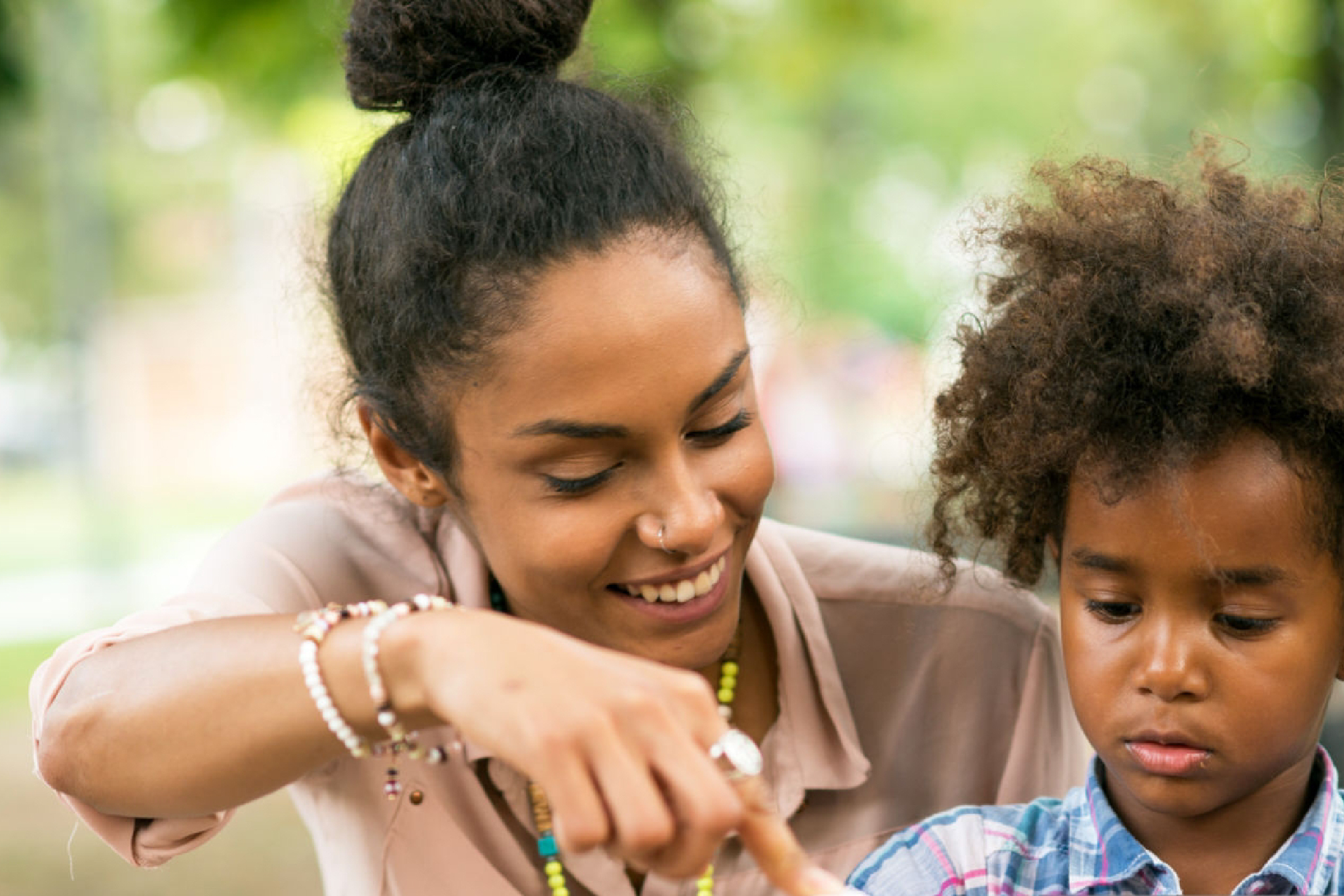
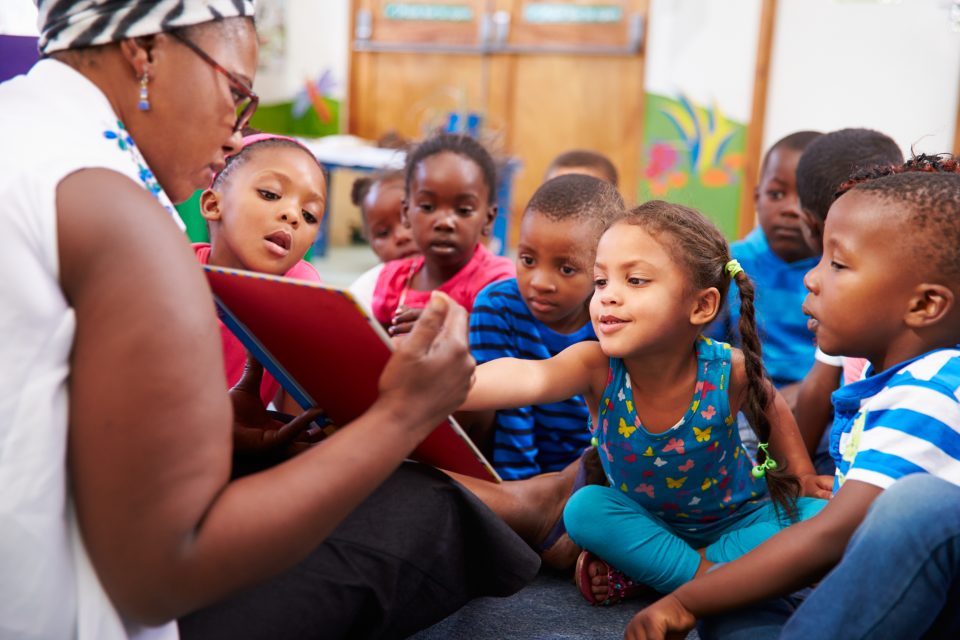
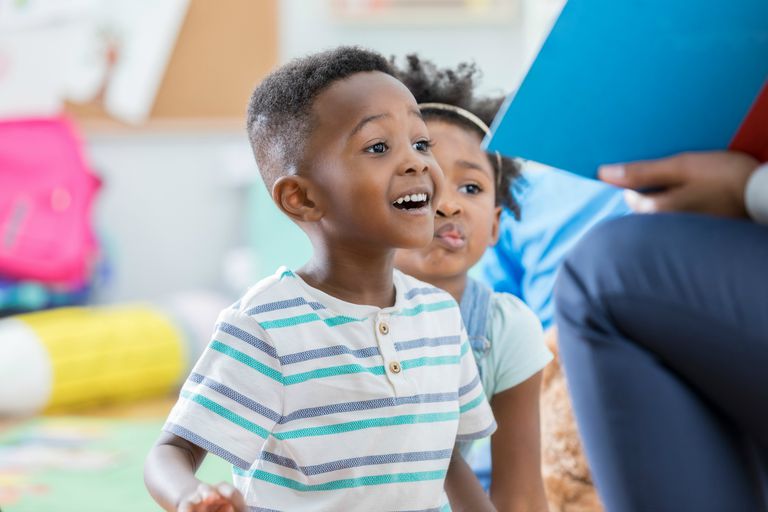
Creche
6 months - 2 years old
Our creche takes in infants from as young as 6 months to 2 years old.
We believe early stage education is the most pivotal learning period of a child’s educational journey and learning can never start too early. So our children at the creche stage learn to identify:
- primary colors and basic shapes
- numbers 1- 5
- letters - a - c and corresponding objects / pictures.
They begin to develop practical life skills:
- Wet pouring
- Washing and drying of hands.
- Using spoons to transfer items to improve hand-eye coordination
- Learning basic greetings
They watch educational videos on number, names, letters, rhymes, action songs, shapes and colours.
Nursery 1
aged 2-3 years
Thoughtfully designed for children aged 2-3 years.
Our Nursery 1 students learn to identify:
- primary & secondary colors and basic and secondary shapes.
- Numbers: 1- 10 / 1- 20
- Letters: a – p and corresponding objects / pictures.
- animals, flowers and parts of the human body
Practical activities include:
- wet and dry pouring of materials to improve hand-eye coordination and sensory abilities
- washing and drying of hands.
- zipping and unzipping
- buttoning and unbuttoning
Nursery 2
Aged 3-4 years
Building on the strong foundation of Nursery 1, we support 3-4 year olds advance their learning. At this stage, they learn to identify
- numbers 1- 50
- Letters – a – z and corresponding objects / pictures
- wild animals, domestic animals, flowers
- parts of the human body and understand their functions.
- Land and water forms.
- Names of fruits and vegetables and their importance.
- Plant and its parts.
Practical activities include:
- Wet and dry pouring
- Washing and drying of hands.
- Using spoons to transfer items to improve hand-eye coordination
- Zipping and unzipping
- Buttoning and unbuttoning
- Tying bows and lacing strings
- Pegging items
Learning how to greet a range of individuals
Kindergarten 1
Aged 4-5 years
Our 4-5 year olds go beyond identification of numbers, letters, shapes and objects to developing their language, numerical and sensorial skills. They learn to:
- Spell the names of colours, shapes and numbers
- Count to a 100
- Understand numerical concepts of addition, subtraction and comparison
- write out alphabetical letters
- Read two – four letter words, initial and final blends, double consonant blends, vowel sounds, rhyming words and high frequency words
- Punctuate sentences
- Identify primary and secondary colours
Practical life skills include:
- Transferring of water.
- Graded pouring
- Washing and drying of hands.
- Caring of hair and nails.
- Washing dishes, sweeping, mopping and dusting.
- Using spoons
- Lacing
- Wearing of socks and shoes.
- Learning phone and table manners
- Learning how to greet a range of individuals
In addition to what they learn in Nursery 1 and 2, KG 1 students also learn to:
- Describe the weather and understand different types of weather
- Understand different land and water forms
- Identify and describe the various parts of plants and their functions
- Identify continents
- Express time by learning the days and months of the calendar
Our KG 1 students also learn the History of Ghana.
Kindergarten 2
Aged 5-6 years
In KG 2, we prepare our 5-6 year olds to enter primary school education. We reinforce all that they have learned from creche and solidify their foundation. They learn to:
- identify primary and secondary colours and shapes.
- spell colour names, shapes and numbers
- understand the properties of shapes.
- identify numbers 1-200
- understand and apply a wide range of numerical concepts
- write out alphabetical letters
- Read two – four letter words, initial and final blends, double consonant blends, vowel sounds, rhyming words and high frequency words
- Punctuate sentences and use punctuation marks
- Use articles
- Identify primary and secondary colours
Similar to KG1 they learn about the:
- Transferring of water.
- Graded pouring
- Washing and drying of hands.
- Caring of hair and nails.
- Washing dishes, sweeping, mopping and dusting.
- Using spoons
- Lacing
- Wearing of socks and shoes.
- Learning phone and table manners
- Learning how to greet a range of individuals
In addition to what they learn in KG 1, KG 2 students also learn to:
- Classify different types of animals and plants
- Understand basic facts of animals and plants
- Take care of different parts of the body
- Understand facts about various land and water forms
Co-Curricular Activities
At Merton learning does not end in the classroom. We provide a wide range of co-curricular activities to create a holistic education for our students
- STEM – ICT education is provided to equip children for the digital era
- Language – French is offered to our students from Nursery 1 upwards
- Dance & Movement – we teach children to express themselves and exercise their bodies through dance and physical activity
- Special Projects –
- Excursions – to the Zoo and other places around Accra to learn through exploration
Virtual Learning at Merton
In response to COVID-19, Merton is providing online learning options for students and parents.
The Merton Way
All curriculum activities help foster a positive self-image in the child and facilitates their intellectual, social, emotional and physical development.
